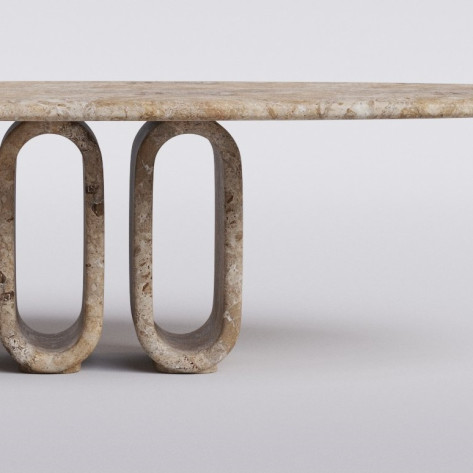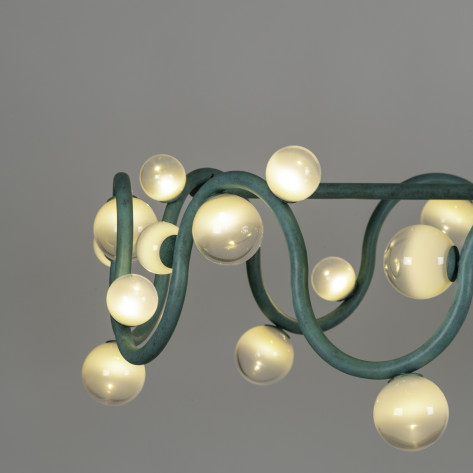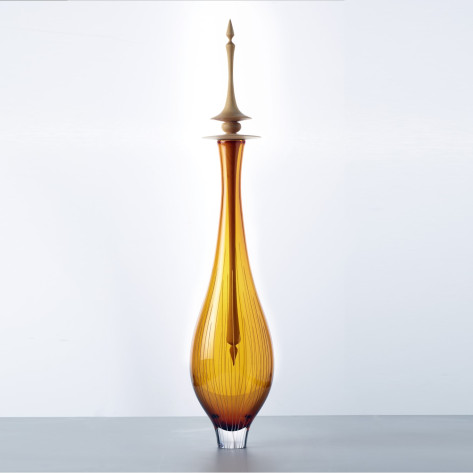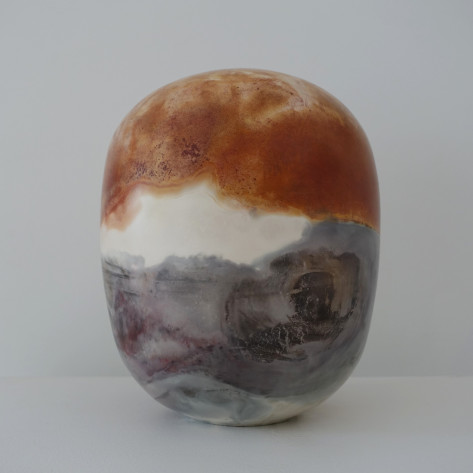PRODUCT CARE
Our furniture is carefully crafted for enduring quality and is intended to be cherished for generations. The longevity of your furniture depends on proper care. The guidelines provided offer general recommended care based on material types, though it is important to note that your specific product may have unique requirements. Exercise caution during maintenance, as we cannot guarantee results. If uncertain, seek professional advice or contact us for assistance.
For any damages, deficiencies, or inquiries about the instructions, please reach out to us directly @ contact@eteline.com. You can find complete warranty information and our standard Terms & Conditions on our website.
GENERAL METALS
Avoid using cleaners with alcohol or solvents
Use fine cotton or extra soft cloths for cleaning
Tarnished metals should be professionally cleaned
ANTIQUE BRONZE
Clean with warm water and a soft cloth, patting dry immediately
Use non-abrasive detergent diluted with warm water if necessary
POLISHED BRONZE
Clean with warm water and a soft cloth, patting dry immediately
Routine maintenance helps retain appearance
Darkening or black spotting is a natural occurrence of oxidization
BRASS
Dust regularly with a soft cloth
Clean with a cotton cloth soaked in diluted warm water and non-abrasive household dish detergent
Dry thoroughly after cleaning
COPPER
Maintain with a soft, dry cloth
Wipe fingerprints or stains caused by heat or moisture immediately
ALUMINUM
Clean with lukewarm water and mild soap
Avoid caustic cleaners; use only soft, non-abrasive cloths
SATIN BRONZE
Maintain with warm water and a soft cloth, patting dry immediately.
Use non-abrasive detergent if needed.
Darkening or black spotting is a natural occurrence of oxidization.
LACQUERED BRONZE
Maintain with warm water and a soft cloth, patting dry immediately
Use non-abrasive detergent if needed
Take extra care to avoid scratching, as oxidization cannot be covered up
NICKEL
Polish using a microfiber cloth, tarnished surfaces can be treated with silver polish or a silver cleaning cloth
STAINLESS STEEL
Clean with lukewarm water and mild soap
Avoid caustic cleaners; use only soft, non-abrasive cloths
CAST BRONZE
Clean with a dry or slightly damp cloth or a vacuum brush
For soiled pieces, use a light soap with lukewarm water, followed by drying with a clean cloth
PATINA METAL
Clean with a very soft, dry cloth or gently rub with a cloth breathed on
Avoid abrasive cloths or cleaners to prevent scratching or damage
PATINA BRONZE
Restore luster by rubbing in the direction of the patina with a soft cloth
POLISHED METAL
Use a damp cloth for cleaning
Avoid heavy-duty polishes; recommended polishes include Brasso, Simichrome, or Flitz Polisher
WOOD
Dust regularly with a soft cloth
Avoid extreme humidity changes, direct exposure to heat, and placing hot or moist objects on the surface
Clean with a dry or slightly damp soft cloth; do not use heavy-duty polishes
Stained or soiled pieces may need professional cleaning or refinishing
VARNISH FINISH
Use only a soft, damp cloth to wipe off furniture
Dry cloths can cause scratching due to small dust particles
Remove any dirt or spilled liquids without delay to prevent permanent staining.
LACQUERED WOOD
Dust regularly or wipe daily with a dry cloth
Wipe up spilled liquids immediately
BRUSHED WOOD
Clean with a soft-bristled brush or small handheld vacuum cleaner to remove dust or crumbs
MARBLE, TRAVERTINE, GRANITE, LAVA STONE, ONYX & ALABASTER
Dust Regularly: Use a soft, lint-free cloth to dust the surface regularly
Clean with a damp, soft cloth or sponge using mild, pH-neutral soap and water, avoid abrasive or acidic cleaners
REMINDERS & TIPS
Avoid contact with extreme heat sources to prevent thermal shock
Quickly clean marble stains caused by acid with a slightly moist cloth
Avoid leaving steel wool or iron on the surface to prevent rust or stains
Darker stones are prone to scratches and stains; protect from direct sunlight to avoid white spots
Lighter stones may develop efflorescence with prolonged contact with wet surfaces; avoid exposure
Refrain from using harsh chemicals or solvents that may damage the alabaster surface
Use coasters, placemats, or felt pads under items to prevent scratches on softer stones like onyx
Avoid placing hot items directly on stone surfaces to prevent thermal shock
Prevent damage by avoiding heavy impacts or sharp objects
Periodic sealing may benefit onyx; consult with a professional for guidance on sealing frequency and suitable products
Dust onyx surfaces regularly with a soft, lint-free cloth or a feather duster to maintain their shine
Consider consulting a professional stone care expert for routine maintenance and occasional deep cleaning. Their expertise can address specific care requirements for the type of stone used in your luxury furniture.
RESIN
Dust resin surfaces regularly with a soft cloth to prevent debris buildup
Avoid prolonged direct sunlight on resin surfaces to prevent fading or damage to luxury furniture
Avoid harsh chemicals, refrain from using abrasive cleaners or solvents - stick to mild, non-abrasive cleaning solutions to protect the resin finish
MARBLED SALTS
Store pieces indoors in an environment with atmospheric humidity below 30%
Keep Marbled Salt pieces away from direct sunlight.
Avoid direct contact with any liquids
Protect the pieces from shocks or strong vibrations
GENERAL CARE
Despite its robust appearance, marbled salt furniture is delicate like natural sea salt
Use placemats and coasters to prevent liquid contact; absorb and clean spills promptly with a dry towel
Dust resin surfaces regularly with a soft cloth to prevent debris buildup
For stains, hand-sand the surface or use an orbital sanding machine, starting with a coarse grain (100) and finishing with a finer grain (2000)
Store indoors in a dry environment, preferably on a wooden floor or rug
For pieces on stone or ceramic surfaces, request rubber patches or glides to prevent damage
CLEANING
Clean furniture using an air pressure device (compressor) or a dry towel
Preserve luster and colors with non-colored wax for stones and countertops, or uncolored lubricants like silicon spray. We recommend using Renaissance Wax (theruststore.com) for effective maintenance. Apply with a microfiber towel whenever the surface becomes dry and rough to remove dust and highlight colors and contrasts.
GLASS
Wipe with a soft damp cloth or glass cleaner without additives
Apply cleaner to a cloth, not directly on the fixture
Clean clear glass with a regular window or glass cleaner using a microfiber cloth
GENERAL REMINDERS
Handle glass objects with care, especially polished edges
Protect glass surfaces from extreme temperature variations
LAMP SHADES
Dust regularly with a soft cloth
Use a white art eraser for small dirt marks on watercolor paper shades
Heavy staining on silk or watercolor paper shades may require replacement
Do not use abrasives or harsh solvents, promptly clean spills
NON-PAINTED CERAMICS AND PORCELAIN
Wash by hand with lukewarm water with a soft sponge
Use a soft cloth with lukewarm water and dry immediately.
GENERAL REMINDERS
When transporting, carry from the base and rest gently back into place
Avoid contact with heavy or sharp objects and excessive force
All ceramic finishes are sensitive to heat and water; use coasters or protective barriers
These guidelines are designed to ensure the proper care and maintenance of your furniture, promoting longevity, and preserving aesthetic appeal.




























